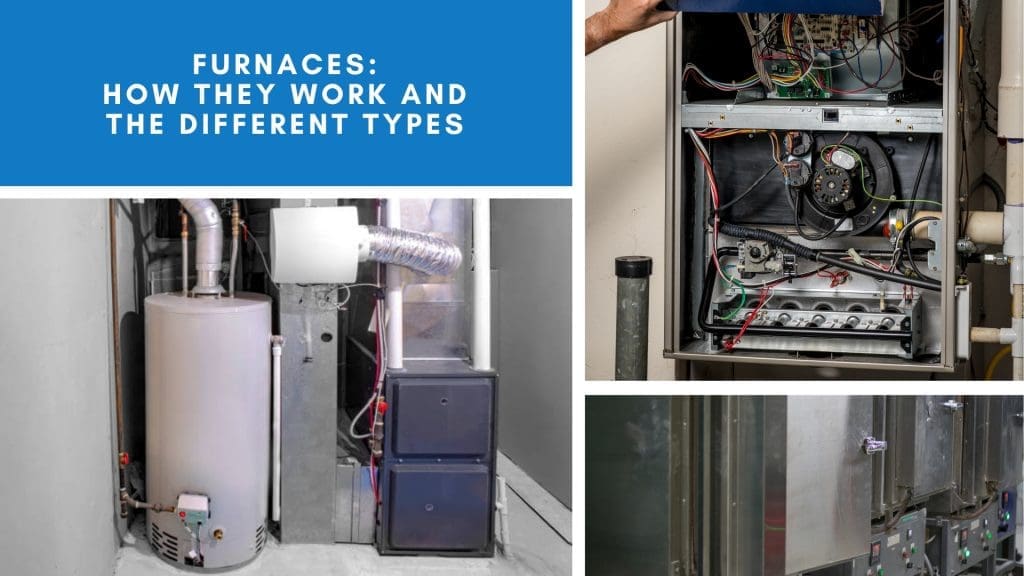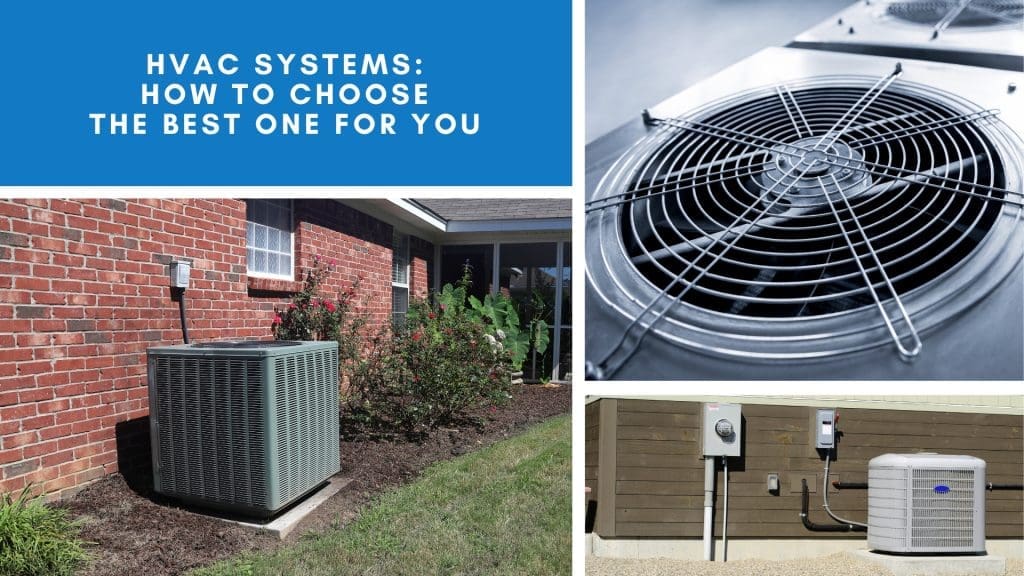TL;DR Summary for Those in a Hurry:
- Electric Furnace vs Gas Furnace compares key differences in how each system heats homes, their costs, efficiency, and suitability for different needs.
- Electric furnaces are simple, safer (no combustion), and often cheaper to install, but they can cost more to operate depending on electricity prices.
- Gas furnaces typically heat faster and cheaper in areas with affordable natural gas, but they require proper venting and regular safety checks.
- Understanding these differences helps you choose the right system based on your climate, utility costs, and comfort priorities.
When it comes to choosing the right furnace for your home in Los Angeles, California, the decision often boils down to Electric Furnace vs Gas Furnace options. Each type has its own set of advantages and considerations, and understanding these can help you make an informed choice. As a seasoned HVAC professional and the owner of LC Heating and Air Conditioning in Hollywood, I’m here to provide you with a detailed comparison of these two options. With a focus on trust, quality, and customer satisfaction, let’s delve into the specifics to determine which furnace might be the best fit for your home.
An electric furnace is a type of heating system that uses electricity to generate heat. It operates by pulling cool air into the system, where it passes over electric heating elements. The air is then heated and distributed throughout the house via a network of ducts.
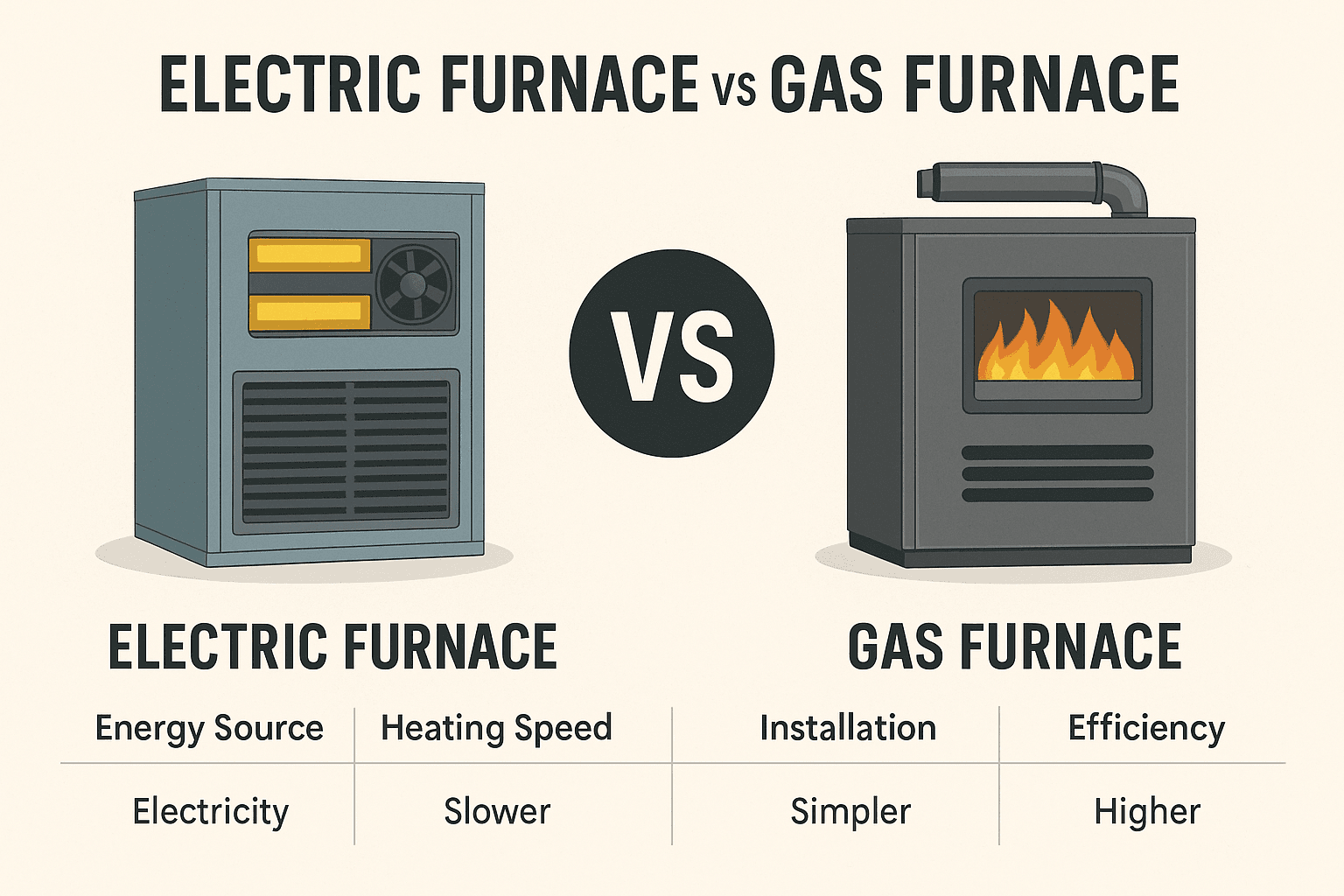
Electric furnaces
How Does an Electric Furnace Work?
Electric furnaces function by converting electrical energy into heat. They typically consist of heating elements, a blower to circulate air, and a thermostat to regulate temperature. When you set your thermostat, the furnace activates the heating elements, warming up the air, which is then circulated throughout your home. This process is highly efficient as it directly converts energy into heat without combustion.
Electric furnaces are designed to be simple yet effective. The heating elements inside the furnace are similar to those found in toasters, heating up rapidly when electricity passes through them. The blower then pushes the warmed air through a series of ducts to different rooms in your home, ensuring even distribution.
In terms of control, electric furnaces offer precise temperature regulation. The thermostat not only controls the temperature but also allows for programming based on your schedule, ensuring that your home is warm when you need it and conserving energy when you don’t.
Benefits of Electric Furnaces
- Safety: Electric furnaces are generally considered safer than gas furnaces as they do not involve combustion and the risk of carbon monoxide leaks.
Electric furnaces eliminate the need for a combustion process, which significantly reduces the risk of fires and harmful gas emissions. This makes them a preferred choice for families with young children or elderly members who require a safe environment.
- Efficiency: These systems are highly efficient, especially in areas with mild winters like Los Angeles.
Electric furnaces convert nearly all the energy they consume into heat, minimizing waste. This efficiency is particularly advantageous in Los Angeles, where winters are mild, and the demand for heating is not as intense as in colder regions.
- Installation Flexibility: Electric furnaces can be installed in a variety of locations within your home without the need for a ventilation system.
The absence of a venting requirement means that electric furnaces can be installed in smaller or unconventional spaces, such as attics or basements, without compromising on safety or performance.
Considerations for Electric Furnaces
- Cost: While the upfront cost of an electric furnace can be less than a gas furnace, the operating costs may be higher due to electricity prices.
Electricity prices in Los Angeles can be relatively high, which might lead to increased monthly bills, especially during colder months when the furnace is in regular use.
- Heating Speed: Electric furnaces may take longer to heat a home compared to their gas counterparts.
The rate at which an electric furnace warms up a home can be slower, which may be noticeable during particularly cold days. This can require some adjustments in your heating schedule to ensure comfort.
- Environmental Impact: Depending on the source of electricity, electric furnaces can have varying impacts on the environment.
The environmental footprint of an electric furnace is largely dependent on how the electricity is generated. Renewable energy sources can lessen the environmental impact, while reliance on fossil fuels may increase it.
Exploring Gas Furnaces
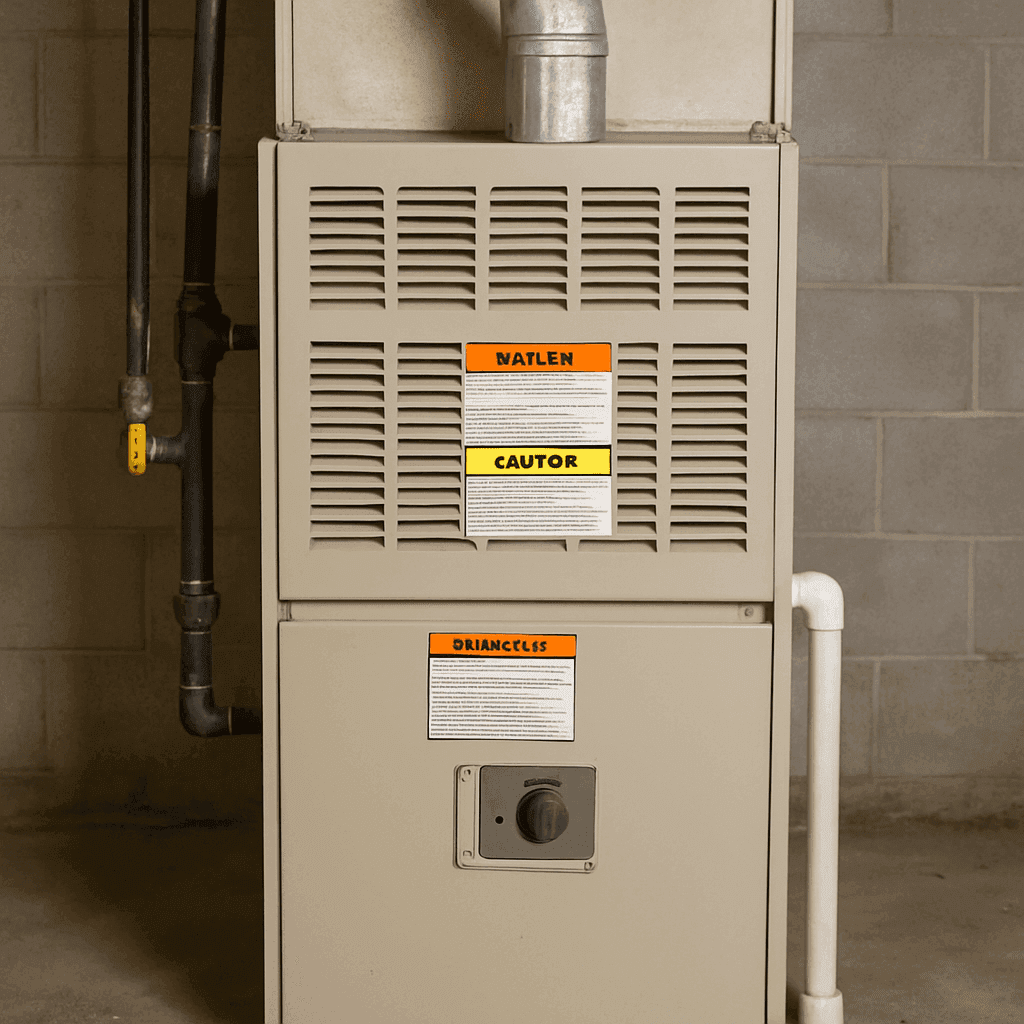
A gas furnace, in contrast, uses natural gas to generate heat. It burns the gas in a combustion chamber, and the heat produced is transferred to the air, which is then circulated throughout your home.
How Does a Gas Furnace Work?
Gas furnaces use a pilot light or an electronic ignition to ignite the burners. The heat generated from burning gas warms up the heat exchanger. Air from your home’s return ducts is blown over the heat exchanger, warming the air before it’s circulated through the ducts.
The heat exchanger plays a critical role in ensuring that the air circulating in your home is safe and free from combustion byproducts. The design of the heat exchanger allows for maximum heat transfer while keeping harmful gases contained.
Modern gas furnaces often come with advanced ignition systems, such as electronic ignitions, which are more reliable and efficient than traditional pilot lights. This technology not only reduces energy consumption but also enhances safety.
Gas furnaces are equipped with various safety features, including limit switches and pressure sensors, which monitor the system’s operation and prevent overheating or gas leaks.
Benefits of Gas Furnaces
- Cost-Effective Heating: Natural gas is generally cheaper than electricity, making gas furnaces more economical to operate.
The cost savings from using natural gas can be substantial over time, particularly in larger homes where the demand for heating is higher. This economic advantage can result in lower annual heating costs compared to electric systems.
- Rapid Heating: Gas furnaces can quickly reach desired temperatures, providing swift comfort.
The combustion process in gas furnaces generates a significant amount of heat rapidly, ensuring that your home reaches the desired temperature quickly, even on the coldest days.
- Reliability: Gas furnaces are known for their durability and can last many years with proper maintenance.
With regular servicing, gas furnaces can provide reliable heating for 15-20 years or more, making them a long-term investment in your home’s comfort.
Considerations for Gas Furnaces
- Safety Concerns: Gas furnaces require regular maintenance to prevent leaks and ensure safe operation.
Routine maintenance is essential for detecting and repairing any potential gas leaks or ventilation issues, which could pose safety risks if left unaddressed.
- Installation Requirements: These systems need a proper ventilation system, which can add to installation costs.
The need for a venting system not only increases the initial installation cost but also requires careful planning to ensure compliance with safety regulations and optimal performance.
- Environmental Considerations: While natural gas is cleaner than other fossil fuels, it still contributes to greenhouse gas emissions.
Homeowners conscious of their carbon footprint may need to weigh the environmental impact of using natural gas against the benefits of its lower operating costs.
Comparing Installation and Costs
Installation
Electric furnaces are typically easier and less costly to install since they do not require a venting system. Gas furnaces, on the other hand, need access to a gas line and appropriate venting, which can complicate installation.
The simplicity of electric furnace installation can result in faster setup times and lower labor costs. This can be particularly beneficial in homes where space is limited or where existing infrastructure supports electrical systems.
Gas furnace installation often involves more complex procedures, including connecting to gas lines, installing venting systems, and ensuring proper safety measures. This complexity can extend the installation timeline and increase costs.
The choice between electric and gas furnaces may also depend on the existing infrastructure in your home. Homes already equipped with gas lines may find gas furnace installation more straightforward and cost-effective.
Operating Costs
Operating costs can vary significantly between electric and gas furnaces. In Los Angeles, where mild winters are common, the efficiency of electric furnaces can offset the higher cost of electricity. However, for larger homes or colder climates, a gas furnace might be more cost-effective due to lower natural gas prices.
The cost of operating an electric furnace is largely dependent on electricity rates, which can fluctuate based on market conditions and energy policies. Homeowners should consider potential future changes in energy prices when making their decision.
Gas furnaces often provide more predictable operating costs due to the relatively stable price of natural gas. This predictability can help in budgeting and financial planning for heating expenses.
In addition to energy costs, homeowners should consider maintenance expenses. While both systems require regular servicing, the type and frequency of maintenance can vary, impacting overall costs.
Maintenance
Both systems require regular maintenance to ensure optimal performance. Gas furnaces should be inspected annually for leaks and combustion efficiency, while electric systems should be checked for electrical connections and heating element performance.
Regular maintenance not only extends the lifespan of your furnace but also ensures it operates safely and efficiently. For gas furnaces, this includes checking for proper burner operation, inspecting the heat exchanger, and ensuring the venting system is clear.
Electric furnaces require periodic checks on electrical components, such as the thermostat, wiring, and heating elements, to prevent potential failures and maintain efficiency.
Homeowners should also consider the availability of maintenance services and the expertise of local technicians when choosing between an electric or gas furnace. Access to skilled professionals can influence the ease and cost of maintaining your system.
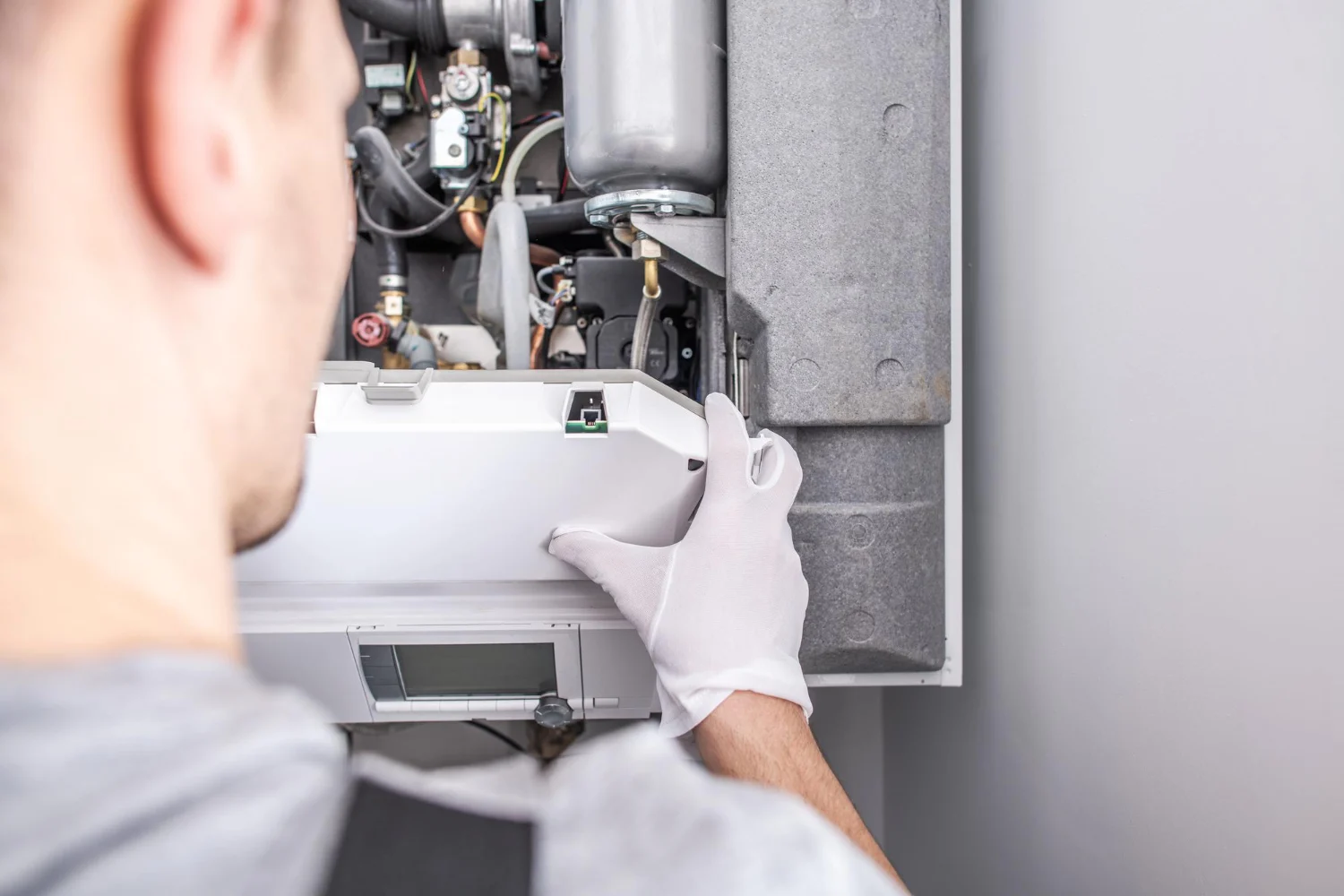
Making the Right Choice for Your Home: Electric Furnace vs Gas Furnace
When deciding between an electric and gas furnace, consider your priorities: is cost, efficiency, or safety your top concern? Also, factor in the size of your home, your budget, and your long-term energy costs. An electric furnace might be ideal for smaller homes or those prioritizing safety, while a gas furnace could be more suitable for larger homes looking for cost-effective heating solutions.
Evaluate the climate in your area and how it influences your heating needs. In Los Angeles, the mild winters may reduce the demand for rapid heating, making an electric furnace a viable option despite higher electricity prices.
Consider your environmental impact and whether sustainable energy sources are a priority for you. Electric furnaces powered by renewable electricity can offer a greener alternative to natural gas.
Lastly, think about your home’s infrastructure and whether it supports electric or gas systems. The existing setup can influence installation costs and convenience, ultimately affecting your decision.
Why Choose LC Heating and Air Conditioning?
As a trusted provider in the Los Angeles area, LC Heating and Air Conditioning offers expert guidance and installation services for both electric and gas furnaces. Our commitment to quality and customer satisfaction ensures that you receive the best service and support. For those moments when you’d rather leave it to the professionals, feel free to contact us at (818) 858-7080 for all your heating and cooling needs.
Our team of experienced technicians is dedicated to helping you find the perfect heating solution tailored to your home’s unique requirements. We take the time to understand your needs and budget, providing personalized recommendations and transparent pricing.
LC Heating and Air Conditioning is known for its reliability and prompt service. We prioritize customer satisfaction, ensuring that every installation and maintenance service is completed to the highest standards.
Choosing the right furnace is crucial to your home’s comfort and energy efficiency. Whether you opt for an electric or gas furnace, make sure to consult with HVAC professionals to ensure you make the best choice for your specific needs and circumstances. Let us help you create a comfortable and energy-efficient home environment in Los Angeles.
Electric furnaces offer simple, reliable heat with less maintenance, while gas furnaces deliver strong, cost-effective warmth in colder regions. Match your choice to your home’s heating needs and energy costs for the best long-term value.
FAQ:
What’s the difference between an electric furnace and a gas furnace?
Electric furnaces use electric heating elements to warm air without combustion, while gas furnaces burn natural gas to generate heat, often providing faster and more powerful warmth.
Which furnace type is more cost-effective to operate?
Gas furnaces typically cost less to operate in regions where natural gas is cheaper than electricity, because they heat faster and usually run for shorter periods.
Are electric furnaces cheaper to install?
Yes — electric furnaces generally have lower upfront installation costs since they don’t require gas lines, exhaust venting, or combustion components.
Do electric furnaces require less maintenance?
Electric furnaces usually have fewer moving parts and no combustion process, which means simpler maintenance and fewer potential points of failure than gas furnaces.
Which furnace is better in cold climates?
Gas furnaces tend to perform better in very cold conditions because they can generate hotter air and heat larger spaces more efficiently.
Are there safety differences between gas and electric furnaces?
Electric furnaces don’t produce combustion byproducts like carbon monoxide, so they eliminate the risk of fuel-related emissions, but proper installation and heat distribution are still important for safety.

